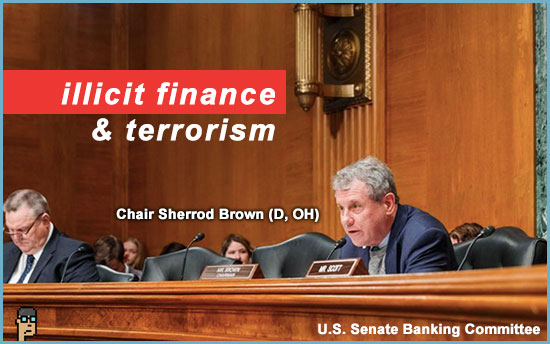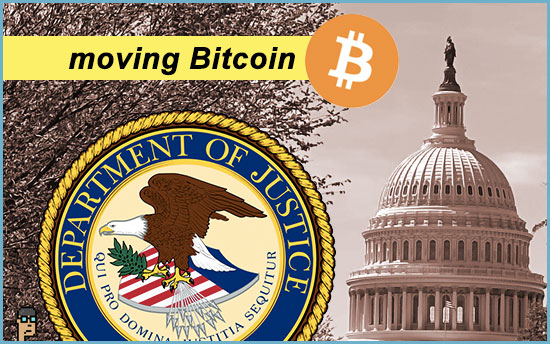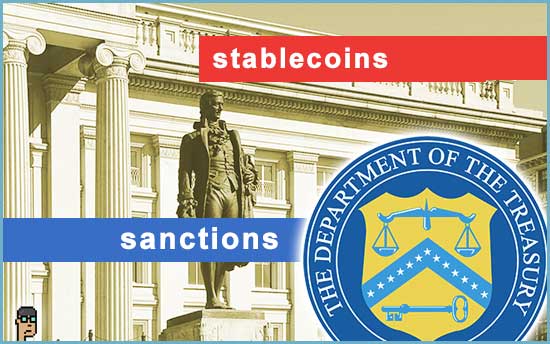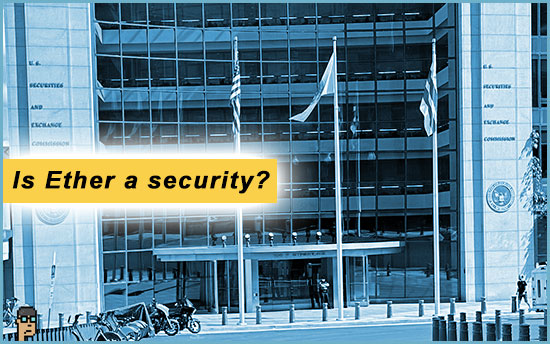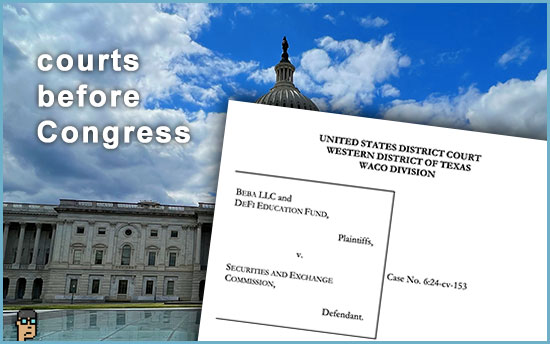illicit finance hearing
Next Tuesday’s Senate Banking hearing titled, “An Update from the Treasury Department: Countering Illicit Finance, Terrorism and Sanctions Evasion” led by Chair Sherrod Brown (D, OH) will likely include discussion on digital assets.
The sole witness will be the ubiquitous Wally Adeyemo, Deputy Secretary of the Treasury, an articulate anti-crypto advocate of Dem leadership. Back in November, Adeyemo had sent letters requesting more power over crypto to Senate Banking and House Financial Services. The next day, Adeyemo challenged the crypto industry in a speech at the Blockchain Association’s Policy Summit which included a discussion about the tools U.S. Treasury is seeking – and why. Read that speech.
what you should know: Will Democrats like Chair Brown and Senator Elizabeth Warren (D, MA) use the hearing as a launchpad for their own illicit finance bills targeting digital assets? If they do not use it as a launchpad, it seems fair to wonder if the effects of crypto campaign dollars and pro-crypto candidates running against each Senator have re-configured existential priorities.
The Hester Peirce SEC
In a keynote speech at Tuesday’s annual “SEC Speaks” conference connecting the legal community with the Securities and Exchange Commission (SEC), SEC Commissioner Hester Peirce (R) provided another pointed commentary on the direction of her Commission especially as it relates to digital assets and broader recommendations to the SEC and the securities community it encompasses.
Read the speech – this could be seen as a potential plan – and pitch – for an SEC under Commissioner Peirce if the White House changes parties this fall.
Peirce cited guidance from the controversial Staff Accounting Bulletin 121 (SAB 121) as a particularly “pernicious weed.” and suggested, “Rules of such broad effect should be set by the full Commission, not by staff answering only to the Chairman.” Chairman in the case of SAB 121 is Gary Gensler who oversaw the instatement of the rule beginning in April of 2022. Continue reading “Senate Banking Hearing On Illicit Finance With Treasury; Hester Peirce Challenges SEC Dem Majority”

